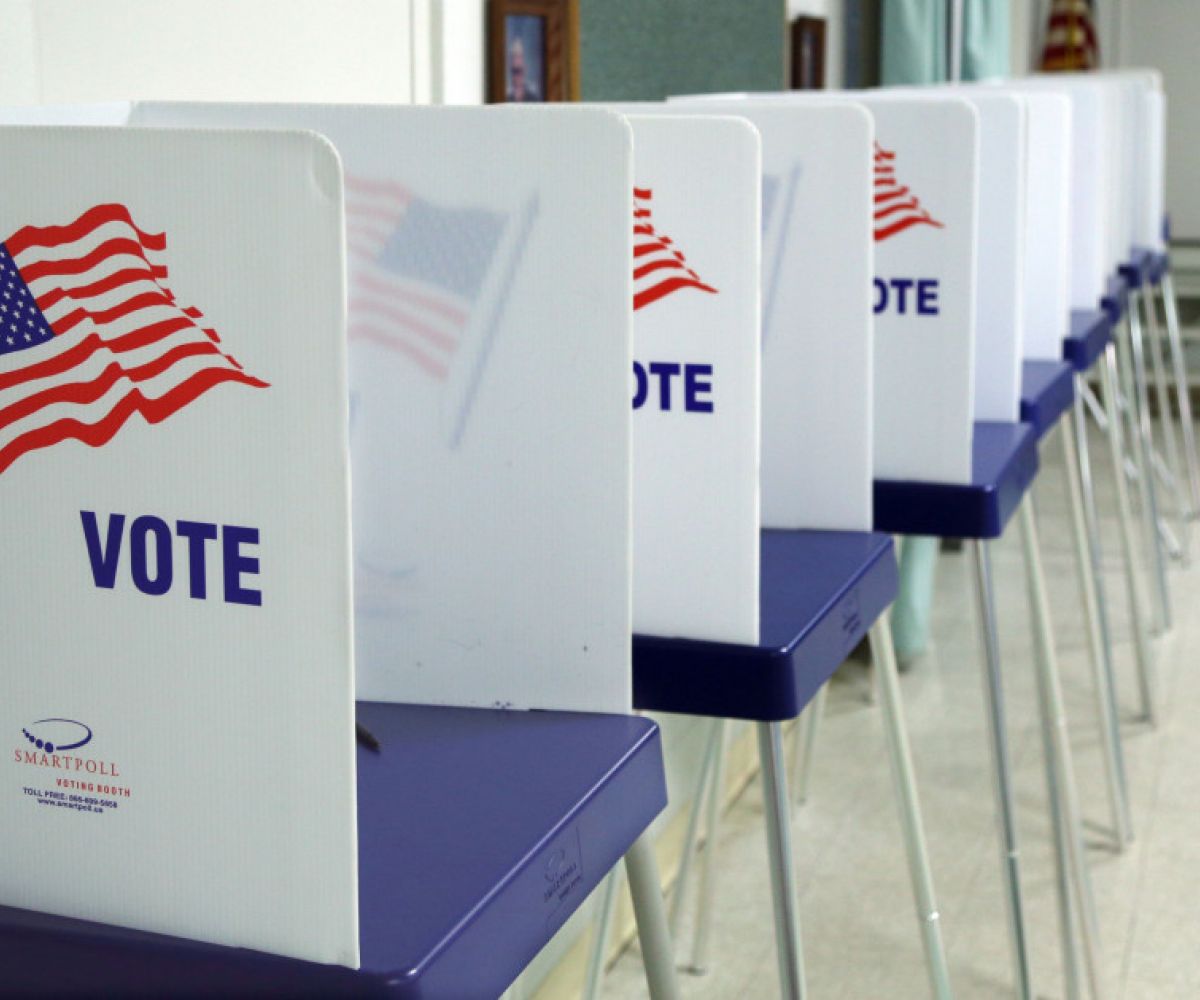Your Guide to the March 5 Election

It’s that time again: Election Day is fast approaching. This year’s primary and general elections could have a significant impact on North Texas, as our elected officials determine policy that charts the future of education, income and health in our region.
At United Way of Metropolitan Dallas, we encourage every eligible North Texan to turn out for our community and vote in the March 5 primary election. That’s because casting your ballot during every election is one of the easiest, most effective ways to have a meaningful impact on life in North Texas.
This Year’s Elections Are Extremely Important
While it’s important to vote in every election, this year’s primary and general election are especially significant.
That’s because a variety of powerful positions are on the ballot—including president, U.S. senator and Texas Board of Education members—each of whom will make policy decisions that will most likely have an effect on your day-to-day life.
The candidates elected to these seats also have the power to directly impact education, income and health in North Texas, which means this is not an election you will want to sit out. Voting is one of the simplest, yet most powerful, duties we as citizens hold. And it’s a surefire way to advocate for policies and changes that are important to you.
Want to have a say in how property taxes are spent? Eager to help decide who is on the school board? Be sure to cast your ballot in every election.
Your vote has the power to improve the quality of life in North Texas and drive positive changes that affect the education, income and health of our community.
A Look at What’s on the Ballot
During the March 5 primary election, voters will select their party’s candidate for numerous local, state and federal races, including:
- President
- U.S. senator
- Three Texas Supreme Court justices
- Five Appeals Court justices
- Seven Texas Board of Education members
- 15 state senators
- Texas railroad commissioner
- A variety of local county offices, including sheriffs, district attorneys and tax assessor-collectors
Your district may include additional races. To see all the races and issues on your ballot, visit Vote411.org and type in your home address.
And for more detailed information about what will appear on your ballot, visit your county’s election site:
Primary Elections and Party Affiliation
The Republican and Democratic parties are both holding their primary elections on March 5 to choose nominees for the November general election. On that day, voters can only vote in one party’s primary election. But you don’t have to vote for the same candidate or party in the general election.
How does party affiliation work in Texas?
When you sign up with a party, that affiliation is good until Dec. 31 of that year. You can do this by voting in a party’s primary, swearing in at a precinct convention or taking a party loyalty oath. Once you’re affiliated with a party, you can’t vote in another party’s primary in the same year.
If you haven’t affiliated with a party yet this year, you’re basically a free agent and can vote in either the Democratic or Republican party. But once you’ve hitched your wagon to a party, you’re affiliated with them until the year runs out. You’ll have to wait until next year if you want to switch parties.
Know Before You Go
Verify your registration. If you’re unsure whether you’re registered to vote, you can check on the Texas Secretary of State website. (Not registered? Unfortunately, you missed the Feb. 5 deadline. But you can visit VoteTexas.gov to register now for the November general election and for any run-off elections.)
Avoid delays by voting early. During a presidential cycle, election day can be extremely busy. Luckily, in Texas early voting runs Tuesday, Feb. 20 through Friday, March 1. You’ll be able to find early voting locations by using the search site Am I Registered?, which will be populated with voting sites a few days before early voting begins.
Bring a photo ID: You must present one of the seven acceptable forms of photo identification before you can vote:
- Texas driver’s license
- Texas election ID certificate
- Texas personal ID card
- Texas handgun license
- U.S. citizenship certificate with photo
- U.S. military ID card with photo
- U.S. passport (book or card)
Your voter registration card is not mandatory to vote, but it’s a good idea to bring it if you have it. If your name is spelled differently on the official voter list than on your ID, showing your registration card may resolve the issue.
Voting locations: Polling locations may be different for early voting and Election Day, so visit your county’s election website—Dallas, Collin, Rockwall or Denton—to make sure you’re headed to the right location.
Be an educated voter: Save yourself time at the polls by being prepared. Do your research on candidates, and determine how you want to vote before getting to the voting machine. You can bring notes or a sample ballot with you to vote, but you’re not allowed to have partisan flyers with you in the voting booth. Create your own personalized ballot by visiting Vote411.org.
Encourage your network: Make a plan to vote. Then, invite your neighbors and friends to go vote with you.
Vote by mail: To be eligible to vote early by mail in Texas, you must meet at least one of the following criteria:
- Be 65 years old or older
- Be disabled
- Be out of the county on Election Day and during the period for early voting by personal appearance
- Be confined in jail, but otherwise eligible
You can request the application for a mail-in ballot from the Texas Secretary of State’s office. The deadline to submit a vote-by-mail application is Friday, Feb. 23. To learn how to request a vote-by-mail application and to submit your application, visit your county’s Elections Office website: Dallas, Collin, Rockwall or Denton.
If you decide to vote by mail, be sure to have your ballot postmarked by 7 p.m. on March 5.
Voter Rights in Texas
As a voter, it’s helpful to understand your rights so that you feel comfortable and confident in voting this year. Check out our Texas Voter Bill of Rights before you cast your ballot.
Tags

Sign up for Advocacy Alerts
Join us as we speak up and speak out about how education, income and health policies impact our community and advocate to expand opportunities and drive systemic change.


